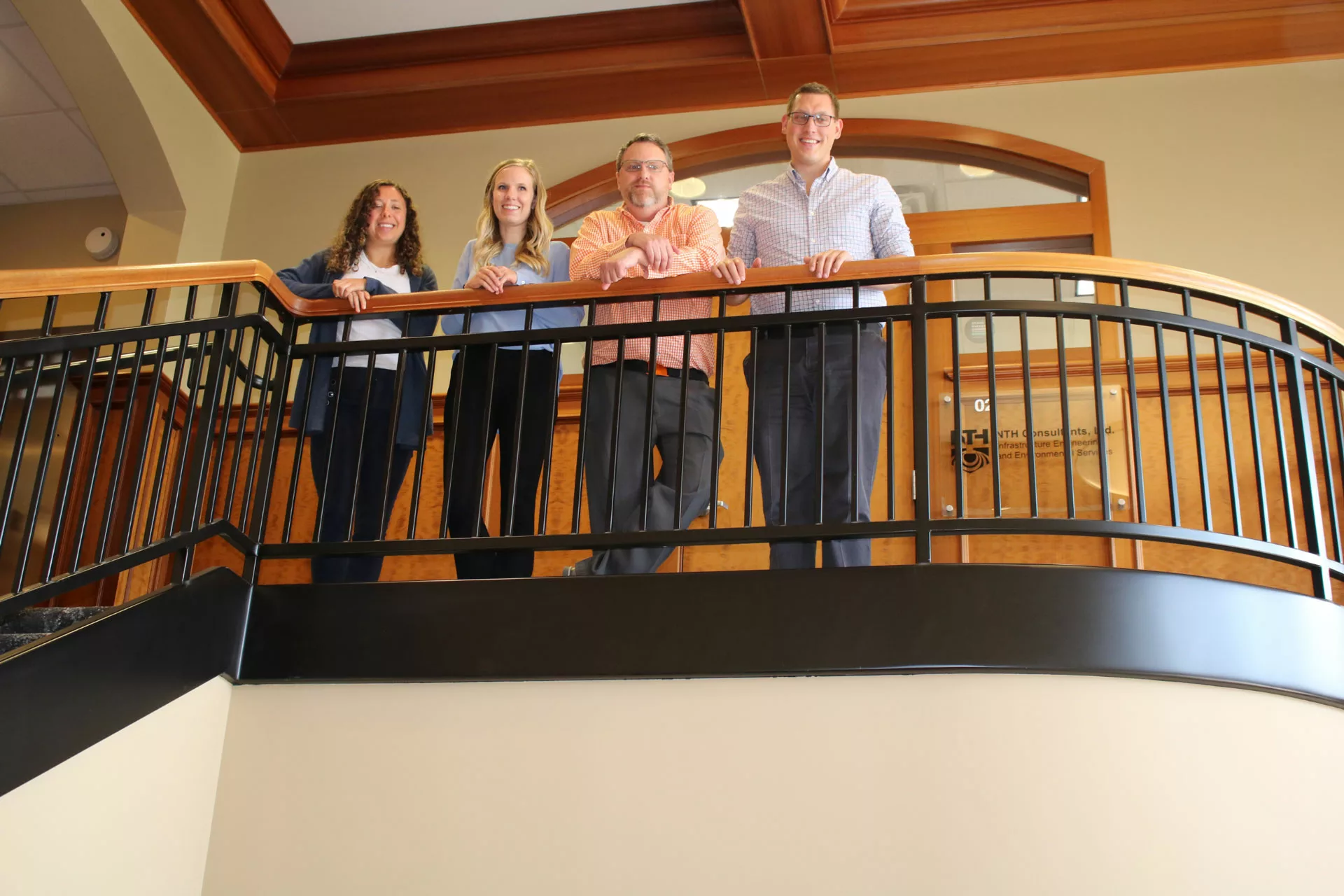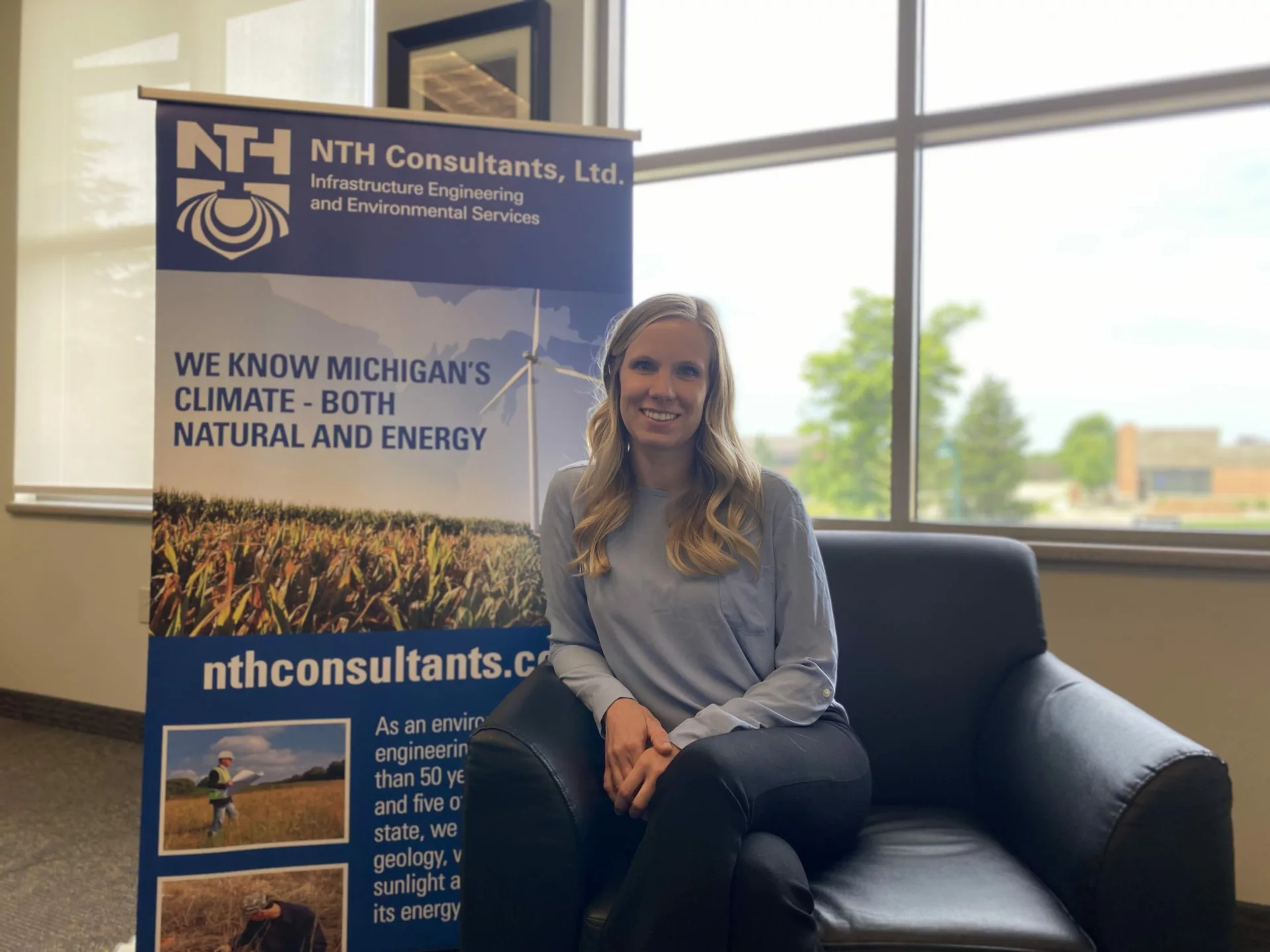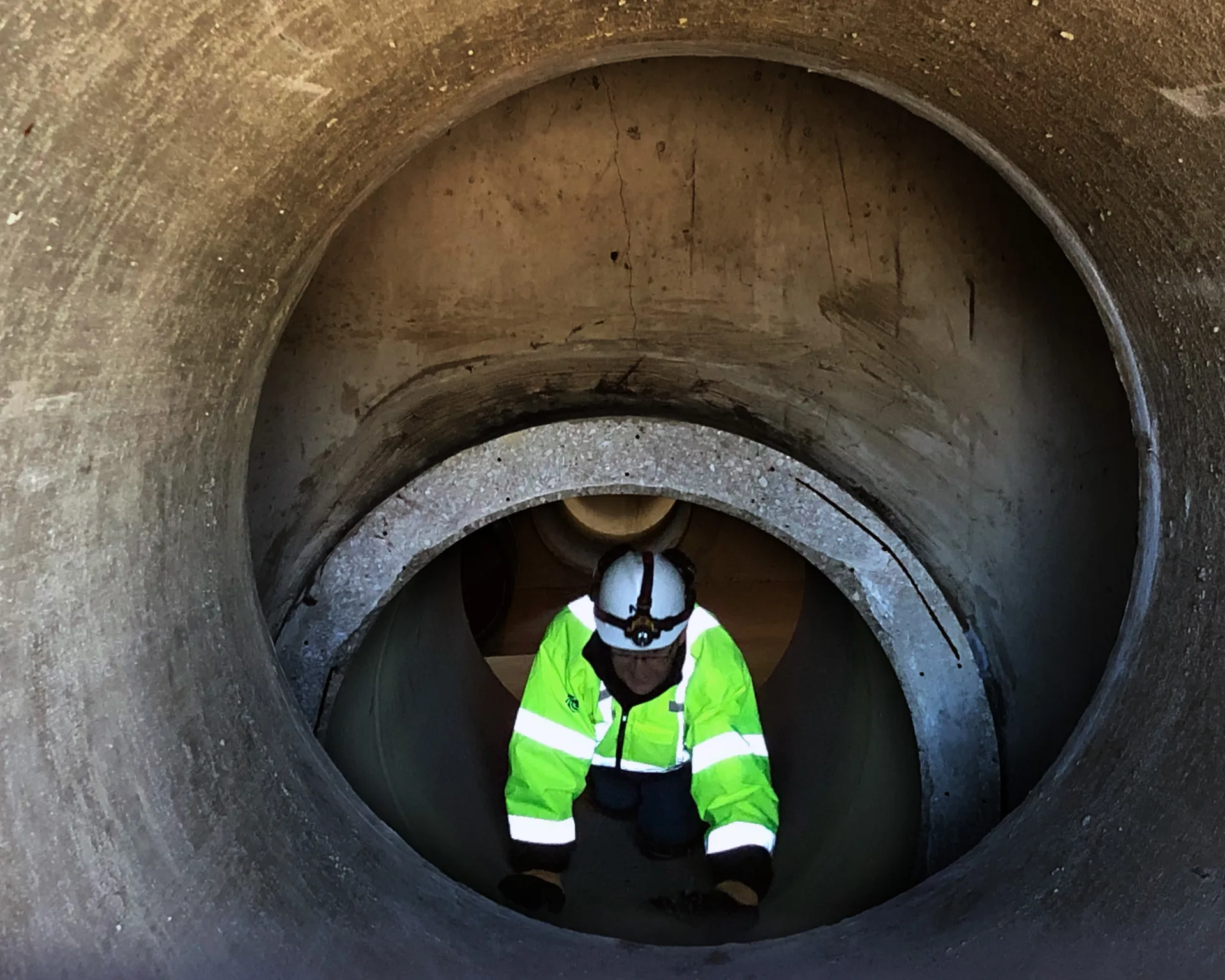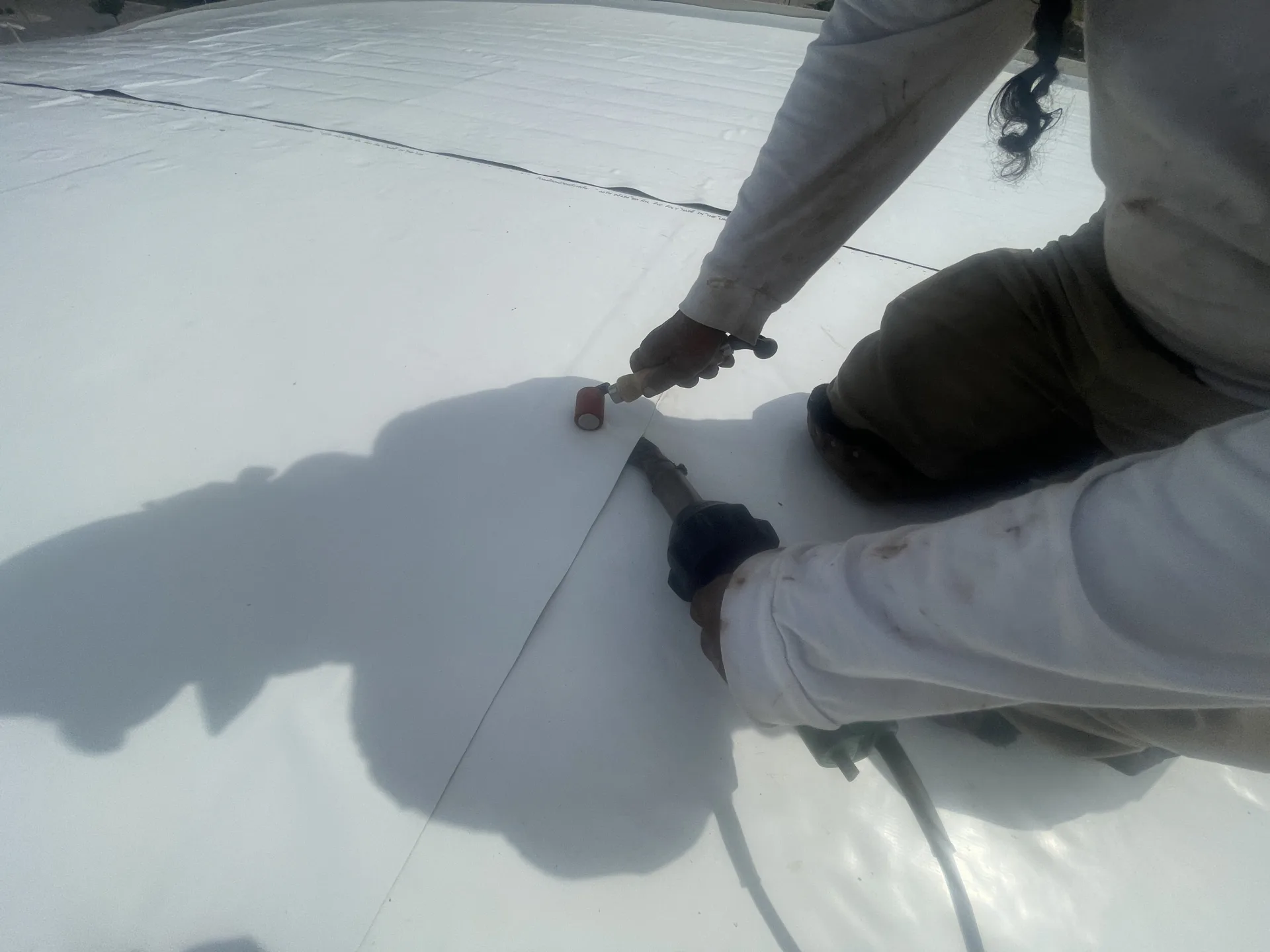Industrial sites generate stormwater runoff from weather conditions such as rain, snow, sleet, or hail which can flow over impervious surfaces collecting chemicals and debris which could potentially contaminate surface waterbodies or even groundwater. Stormwater, if not handled properly, can not only cause environmental impacts but could also cause flooding, lead to regulatory fines and, in some municipalities, be subject to stormwater discharge fees. In this webinar we will discuss proper stormwater management on industrial sites and ways to reduce potential regulatory fines and stormwater discharge fees.

The Challenges of Stormwater Management at Industrial Sites




